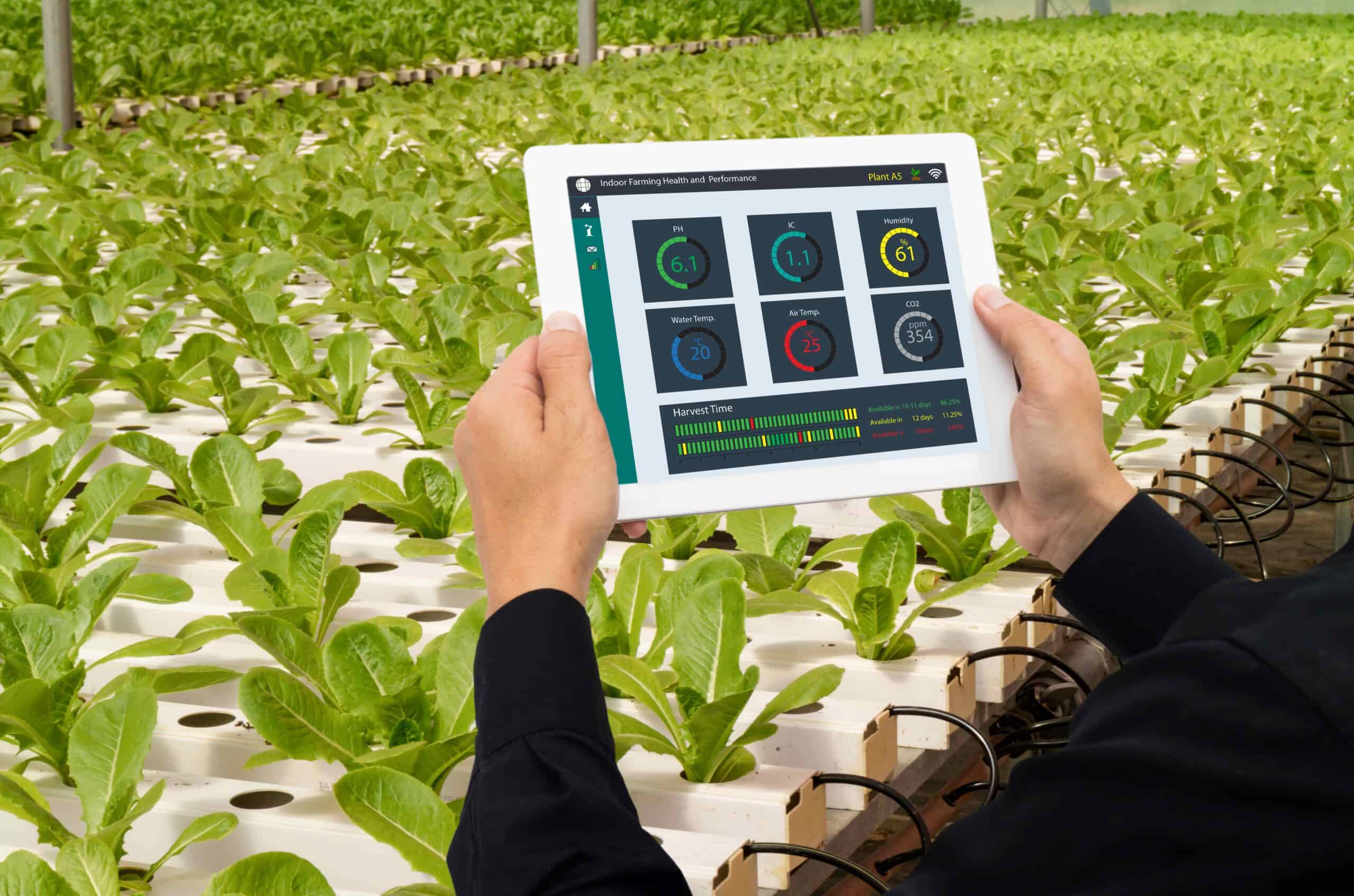This website uses cookies so that we can provide you with the best user experience possible. Cookie information is stored in your browser and performs functions such as recognising you when you return to our website and helping our team to understand which sections of the website you find most interesting and useful.
DesignLights Consortium Announces Formation of Horticultural Lighting Controls Technical Working Group
Feb 01, 2024
MEDFORD, MA – January 31, 2024 – The DesignLights Consortium (DLC) today announced the formation of a Horticultural Lighting Controls Technical Working Group that will advise and assist the DLC in efforts aimed at accelerating the horticultural lighting industry’s transition to optimized energy and production practices through networked lighting solutions.
The nine working group members appointed by the DLC include lighting manufacturers, lighting controls and sensor manufacturers, engineering/design/construction consultants, non-profits, researchers and cultivators. Representing the interests of their respective industries, not individual companies, working group members will provide input on DLC horticultural lighting program updates, creation of resources, and related activities. More members, up to a total of 13, may be added to the group.
“The controlled environment agriculture (CEA) industry has grown steadily since the DLC created its first horticultural lighting technical requirements and qualified products list (QPL) in 2018,” DLC Executive Director and CEO Christina Halfpenny said. “We look forward to working with this new panel of expert industry advisors as we take the DLC’s horticultural program to the next step, expanding the role of connected and integrated lighting solutions that will enhance both energy use and crop production for CEA facilities.”
The US CEA market is predicted to hit $3 billion this year, with annual growth of about 24 percent. As horticultural lighting has become one of the fastest growing segments of the electric load for numerous US utilities, the US Department of Energy has recommended that the nation’s growers transition their lighting to all LED technology, cutting electricity usage by 34 percent and costs by approximately $350 million annually. The DLC’s Horticultural Technical Requirements promote energy efficient technology in CEA facilities, guiding the industry toward sustainable growth in concert with decarbonization efforts. LED fixtures on the Horticultural QPL are over 35 percent more efficacious than the next-best non-LED option.
As the DLC continues to improve the efficacy and quality of horticultural lighting eligible for utility incentives and rebates, the working group will provide technical and strategic feedback and input into DLC activities such as:
- Mapping opportunities for horticultural lighting controls and integrated controls solutions that save energy and/or optimize crop production;
- Addressing challenges and risks to the advancement of energy-saving and/or production-improving connected solutions; and
- Reviewing and developing resources that support the DLC’s mission, DLC efficiency program member objectives and grower needs, including case studies, grower education and guidance, and program implementation.
After kicking off late last year, the panel’s first meeting of 2024 is expected to take place in February and the group will meet quarterly thereafter.
© 2023 DesignLights Consortium. The DesignLights Consortium is a project of Efficiency Forward, Inc., a non-profit 501(c)3 organization. Privacy Policy Terms of Use
